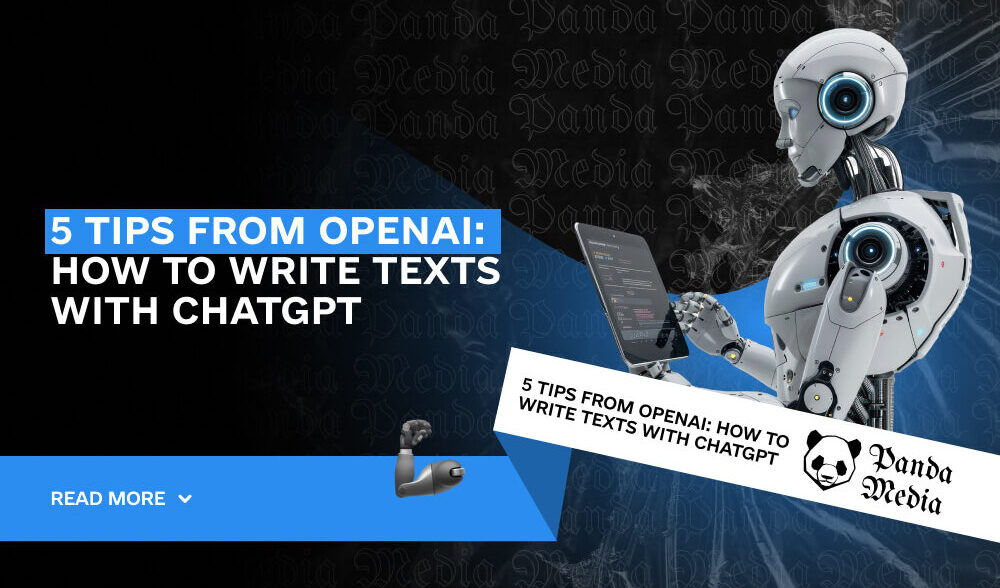Recently, OpenAI published an article in which professional authors shared their experience with ChatGPT. They explained how artificial intelligence helps them in their work. If writers used to spend hours on word selection, inspiration, or editing, ChatGPT significantly speeds up these processes, allowing them to focus on creativity and creating high-quality content. Let’s take a look at five of the most interesting ways to use ChatGPT to help authors improve their work.
Search for the right words
Picking the right words can make a huge difference in the quality of a text. Farhad Manjoo, a former columnist for The New York Times, uses ChatGPT to help him find the right words to express his thoughts more clearly and find apt expressions, analogies, and metaphors. The AI helps him find words that add depth and meaning to the text.
“Before ChatGPT, I often turned to dictionaries and thesauri or searched for the perfect word on Google in vain,” Farhad said.
Editorial feedback
Sometimes it’s hard for writers to be objective because of the isolation of their work. ChatGPT has become a great tool for getting instant feedback and helping to improve texts. Screenwriter David Cornu emphasizes that he uses ChatGPT as a collaborative partner, not as a text generator, while maintaining his unique style.
“I work with ChatGPT all day, every day. For me, it’s like a brainstorming room for screenwriters,” he shares.
Reverse interview
Author Stu Fortier has developed a technique he calls “reverse interviewing.” It allows ChatGPT to ask him questions to better structure his thoughts and ideas. According to the author, this approach helps to reveal his ideas more deeply.
“ChatGPT becomes an unbiased co-author that helps to identify unique ideas,” Fortier said.
Writing comedy texts
Comedy writer Sarah Rose Siskind uses ChatGPT to create plots and research joke topics. This way, she can focus on creating the right punchlines. AI helps her to consider different approaches to humor and collect material to increase the level of comedy in her texts.
“ChatGPT won’t give me a ready-made joke, but it will help me start a conversation,” she comments.
Researching the material
Research is one of the most time-consuming stages of an author’s work. Writer Elle Griffin explains how ChatGPT speeds up this process by providing quick answers to specific questions. This allows her to focus on her work instead of wasting time on long searches for information.
“I always ask ChatGPT to provide links to sources to make sure the information is accurate,” says Elle.
ChatGPT has already become more than just a tool – it has become a kind of collaborator that can make the creative process more productive and rich. Thanks to its ability to instantly suggest words, provide objective feedback, help generate ideas, and even act as an “interviewer,” ChatGPT opens up completely new horizons for authors. Writers, screenwriters, and other content creators can now quickly solve issues that used to take a lot of time and effort, giving them more freedom to create.


